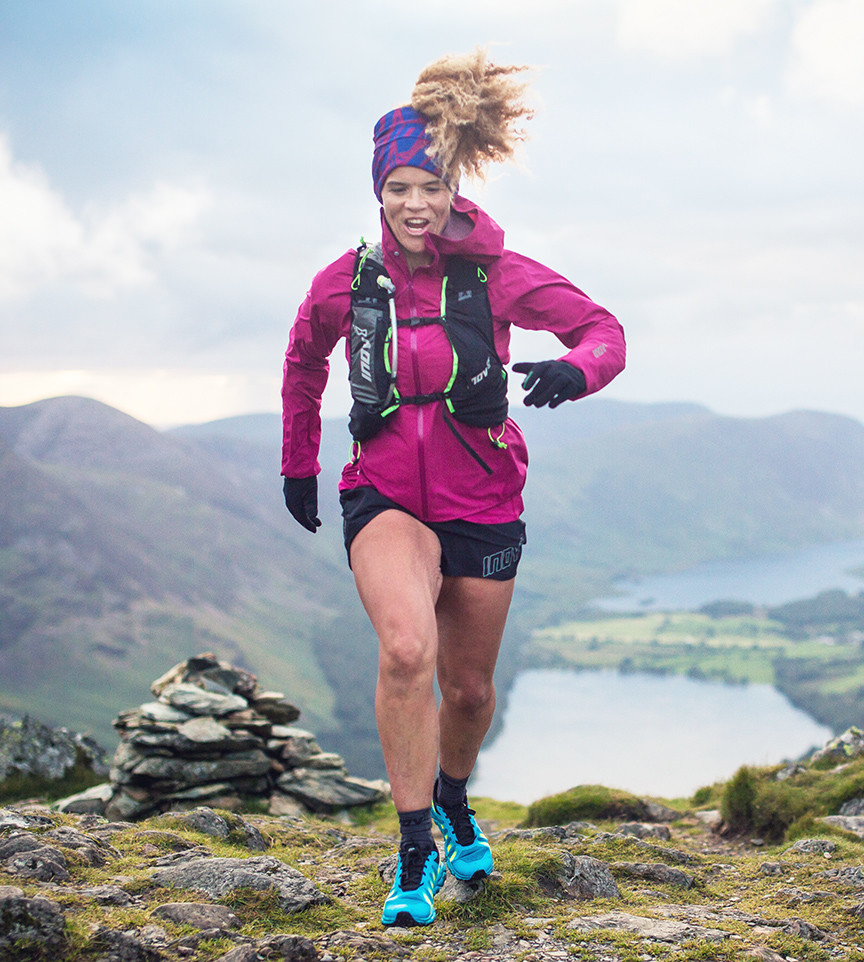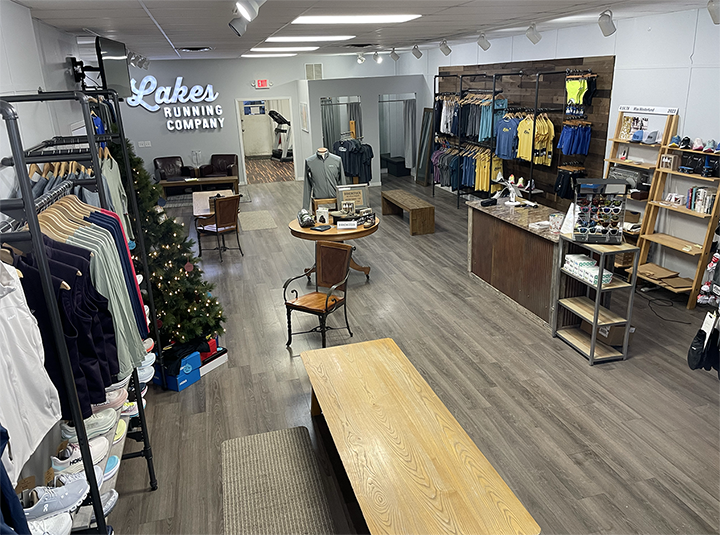As the running community seeks to diversify and with the realization that trail running remains mostly populated by white runners, a UK-based group called Black Trail Runners has been formed as a community and campaigning group seeking to increase inclusion, participation and representation of Black people in trail running.
In an open letter to event organizers and race directors posted recently on its social media accounts, Black Trail Runners says it has a favor to ask: “Can you help us to encourage more Black people to enjoy trail running?”
The group believes that running in the outdoors should be for everyone, but although trail running culture imagines itself to be inclusive it is effectively for the few. Black runners are woefully under-represented in the culture of trail running, Black Trail Runners maintains, and lack a voice in its organization and visibility in its media.
Barriers to access mean that Black people are discouraged from enjoying outdoor spaces and are effectively excluded from the joy of trail running and its many physical and mental health benefits.
In the letter posted this month, written and signed by running luminaries such as Dora Atim, Marcus Brown, Rachel Dench, Martin Johnson, Sabrina Pace-Humphreys, Sonny Peart, Donna Richards and Phil Young, on behalf of Black Trail Runners, the group says simply that they “believe trail running has a diversity problem.”
The letter continues:
“As Black trail runners, our experience is that trail running is overwhelmingly, disproportionately White. Often, each of us has felt that we are the only Black person taking part in a trail running event. Many Black people are missing out on the physical and mental benefits of running and racing on trails.”
The organizers say they created Black Trail Runners as a community and campaigning group to increase the inclusion, participation and representation of Black people in trail running. Since its launch last month, the response from runners has shown it that the group is meeting a need.
“Black runners have welcomed the opportunity to join with others who look like them and value their experiences and views,” the organizers continued. “At the same time, the comments of detractors have clearly demonstrated to us that trail running is far from being the inclusive sport many claim it to be. The fact that many people don’t see the problem is part of the problem, invalidating our lived experiences and those of other Black runners.”
Black Trail Runners is asking race directors and event organizers to help it quantify the issue by adding ethnicity questions just as they collect age and gender information from entrants, which are primarily used for prize categories and age-grading scores. The group is asking that this ethnicity data be gathered by a simple addition to the sign-up process, allowing Black Trail Runners to quantify the issue and inform its efforts to increase participation.
One UK trail event company has already implemented the collection of ethnicity data in its race registration process, using the standard 18 groups recommended by the UK government.
Why It Matters
With Black people excluded from the narrative of trail running, they are denied a powerful way to imagine themselves in the healing outdoor environment, according to Black Trail Runners, which is increasingly important as a counterpoint to the diminishing public realm in towns and cities.
Lack of diversity prevents the new ideas, new narratives, the new growth and the new performance levels that would inevitably come if more Black people were actively welcomed into trail running culture.
The exclusive environment of trail running raises difficult questions around prejudice and racism in the wider community.






